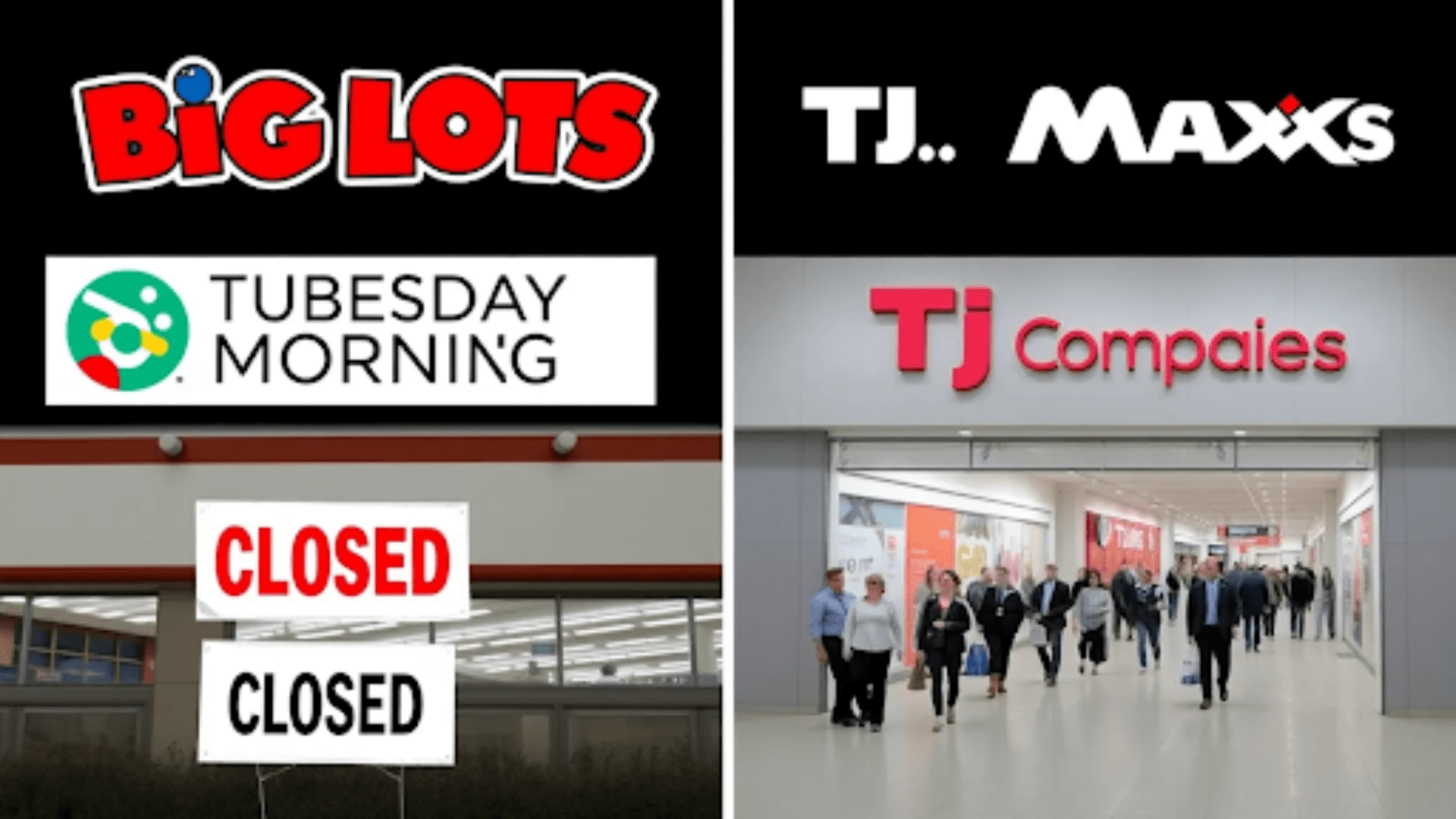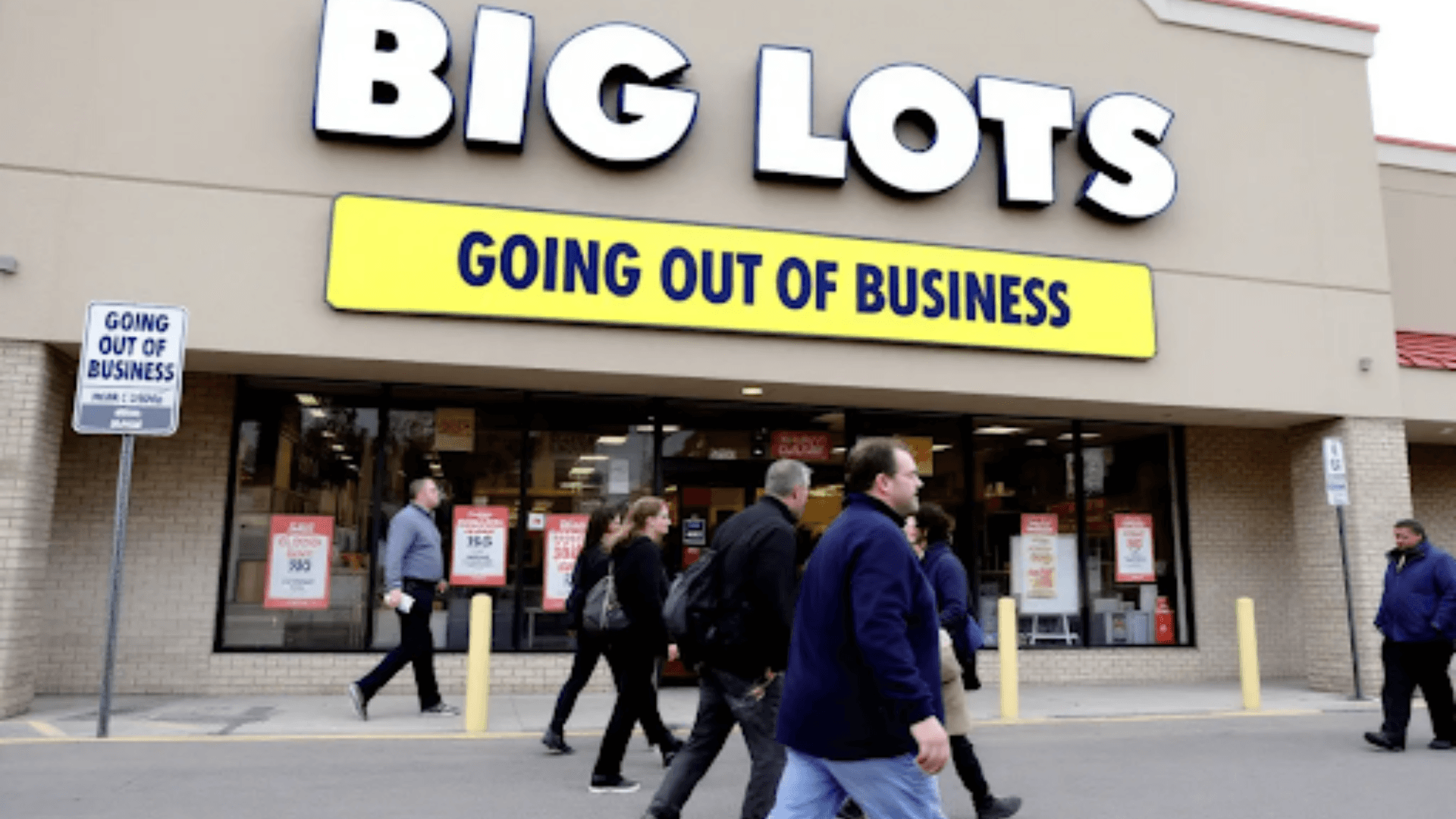Nov 7, 2024
Is your local Big Lots store going out of business?
The largest retail chain company of discount stores, distinctive merchandise offerings, and cut-throat bargain offers is on the verge of the acute corporate crossroads in its 57 years of existence. Big Lots has declared Chapter 11 bankruptcy and intends to close almost 300 stores in the USA. Declining revenues, growing losses, and a transforming retail environment have given rise to doubt about the prospects of this formerly successful chain.
As Big Lots fights with financial turmoil and restructuring plans, customers and employees want to know: Is this the end of the road for Big Lots?
Current Situation

Big Lots declared Chapter 11 bankruptcy on 25th September 2024; one of the biggest setbacks in the company’s history. This move enables the company to be able to rearrange its debts and run its business and still run. The filing was made following a series of poor financial performances and efforts to make some drastic changes.
At the time of the bankruptcy filing, Big Lots announced that as many as 295 stores would be shut out of the chain’s approximately 1,400 outlets across the United States. This comes down to approximately a 21% decrease in the company’s store presence in the retail sector. The closings are expected to happen in stages and there are many stores that are currently selling off inventory.
Reasons for Financial Troubles

Several issues contribute to the poor financial health of Big Lots. The company has also recorded low sales in the recent financial period where it sold its products by 10% less than before. This has resulted in declining revenues and the company has reported a loss of $205 million in the same period.
High inflation rates and reductions in interest rates have a powerful effect on the company specifically on Big Lots. These economic challenges have pulled down the consumer’s ability to spend and or rather made the key customers spend less, especially on products many of which are the products that Big Lots stock.
Consumer behavior has also affected Big Lots because people’s buying power has shifted over the years with the trends that have affected the company. Due to the COVID-19 pandemic measures that have further boosted the move to online sales, physical retail stores such as Big Lots have faced a big drawback. Also, consumers have been getting selective with their spending tendencies, only spending on the necessary products and services instead of the occasional aggressive shopping that used to be found in Big Lots stores.
Restructuring Plans

In Big Lots’ restructuring drive, the American retail company has stated that it will be acquired by Nexus Capital Management, a private equity firm, for an unknown sum. This buyout should happen once Big Lots comes out of Chapter 11, which will likely entail new ownership and possibly fresh capital to help the company get back on its feet.
The store closure strategy is one of Big Lots’ strategic organizational changes that has received a lot of attention. This way the company intends to cut losses and concentrate on the most successful shops, thus should close underperforming stores. There are anticipations that this step would result in increased organizational efficiency as well as a possibly enhanced state of the corporate finances.
Big Lots has said it will continue to manage its remaining stores as it implements the restructuring plan. It was proposed that the company needs to evolve back to the basics and become a discount chain that offers ‘extreme value’ to the clients. This strategy comprises repurposing its product offering and possibly betting more on the closeout merchandise that made up the core of its strategy.
Comparison to Other Retailers

Now let’s briefly discuss that Big Lots is not alone in failures in the discount retail market. Some other traders have also experienced some of those challenges in the past few years. For instance, Tuesday Morning, a discount home goods retailer, declared bankruptcy and shut all of its stores in 2023. Both Dollar Tree and Dollar General are currently running stores, but like other retailers, they have also been affected by an evolving consumer environment and macro factors.
Nevertheless, some competitors were able to adapt to such an unfriendly environment. TJX Companies, which owns T.J. Maxx and Marshalls, has presented good results, following the trend of discount shopping.
Future Outlook

Few issues can determine the future for Big Lots: The current ownership by Nexus Capital Management might be able to offer the needed cash injection and management guidance for a turnaround. However if it can achieve operational efficiency, realign its strategic focus to areas it has the greatest strengths in the bargain goods sector, and respond to shifting customer demands, then it might be able to stabilize the sinking ship again.
However, there are some drawbacks that can be expected in the future. There are many problems that the company has to overcome, including a high level of competition in the retail market, debt, and customer distrust. The constant move to the online market and the ability for more economic volatility can also become concerns for Big Lots’ revival process.
Impact on Customers and Employees

As part of the store closures, customers can anticipate liquidation sales in the closing outlets. This might create short-term opportunities to buy stocks at a cheaper price, however, it also means that some communities will lose the presence of Big Lots stores. For remaining stores, consumers may face shifts in assortment and possibly, new store concepts as the firm’s plan is adjusted.
Many people will lose their jobs as a result of the store closures. The figure is yet uncertain but from available information, one could infer that thousands of its employees could be laid off. Contrary to Big Lots’ claim that it is struggling to help the affected employees, its actions will greatly affect these employees and their communities.
Conclusion
Big Lots is at a crossroads as a company. The company’s recent Chapter 11 bankruptcy and its current plan to shut most of its stores, almost 300 of them, is a major change of pace from the company’s heyday as a successful discount retailer. Despite the possibilities given by Nexus Capital Management’s acquisition and restructuring the company’s future will not be easy.
Many factors are still unpredictable when it comes to the future of Big Lots. The resilience and capacity with which the company will be in a position to respond to shifts in market demand. The threat of recession, and repositioning the firm in the highly sensitive discount retail sector will be important. While the restructuring continues, people will wait to see whether Big Lots will be able to adopt a new strategy.


